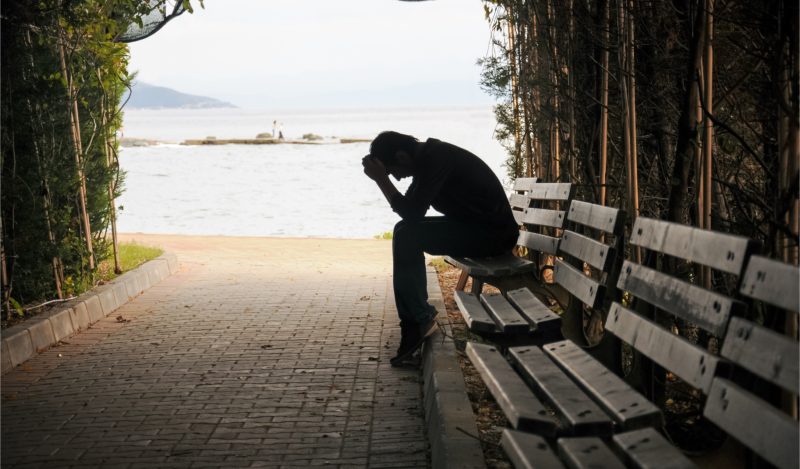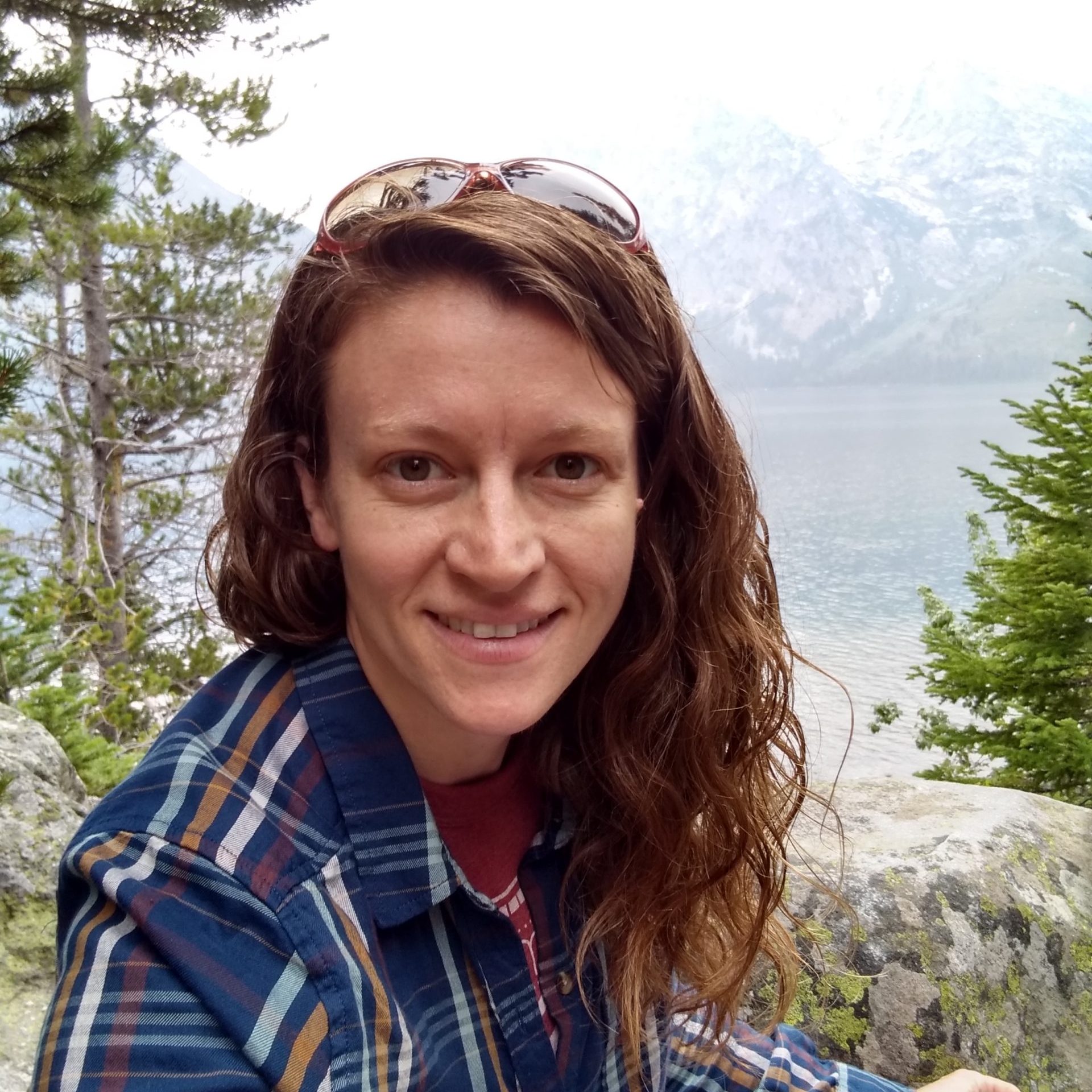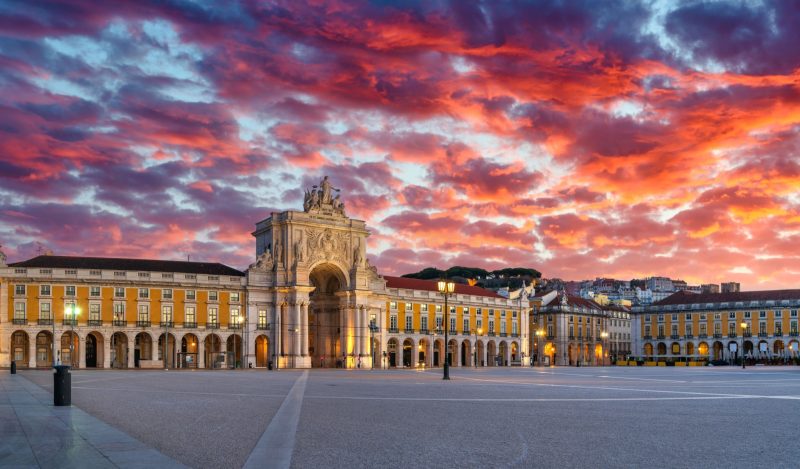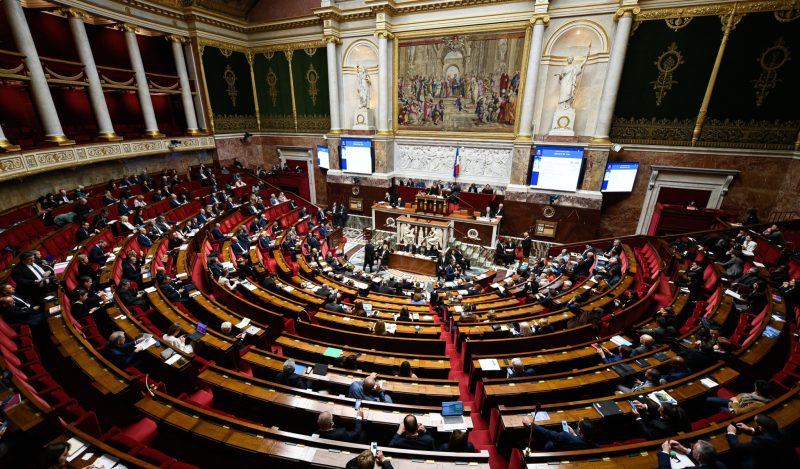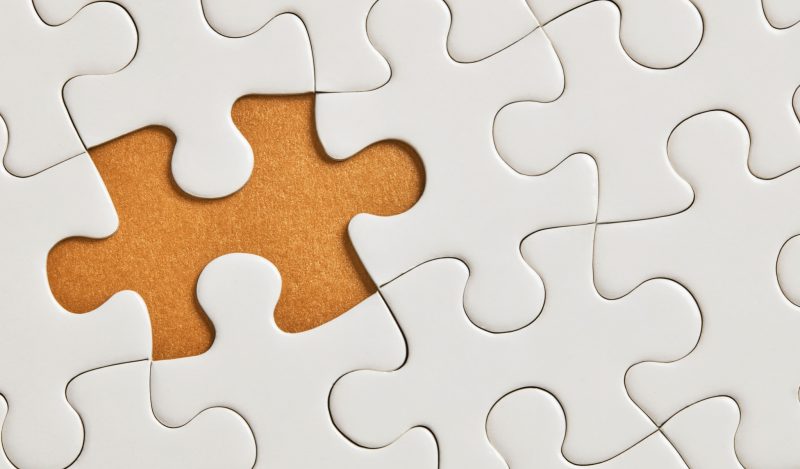More than a decade ago, my sister lost a child. He was stillborn and it was devastating. I had not deeply known grief and loss until then. She invited family into the hospital room to see him, hold him, and experience the loss with her and her husband. They named him Jonan and buried his little body in a little coffin. It was powerful, humbling, and sad; yet, when I think about him I smile.
Grief is complicated. It is deeply personal and expressed differently by all involved. However, like many feelings, grief is universal; all cultures throughout all times experience feelings of grief and loss. While different groups or individuals outwardly express grief and loss in a variety of ways, the inward feelings are shared. Therefore, mourning losses collectively is an invaluable, empathy-building, and socially bonding experience. As the pandemic comes to an end, it is time for society to come together and grieve.
Having been a therapist for twelve years, I’ve supported countless people through grief and loss. If Society were my client, and sat in my office for a therapy session reporting they just went through intense illness brought by the pandemic and trauma imposed by government restrictions, then asked: How can I seek justice? How can I get answers? I am falling apart, how can I come back together? What is left for me now?
I would say: There has been so much loss. Have you given yourself time to grieve?
To move forward in a healthy way, society needs to mourn the many losses of the past two years; the loss of those who have died with Covid, and from Covid, and those who have died having nothing to do with Covid. We need to mourn a missed cancer diagnosis, a new struggle with addiction, and our child’s newly diagnosed mental illness.
We need time and space to mourn the loss of hope we had and plans we made, of businesses closed, of church groups no longer meeting, of relationships with co-workers we won’t get back, of trust in institutions, and of our previous understanding of health. Parents, grandparents, children, teens, and community members all need time to grieve for childhoods halted, rites of passage canceled, and celebrations skipped.
We should not be ashamed or afraid to lament the sadness that comes with moving away from homes we loved, parks and theaters we won’t visit again, careers we said goodbye to, and travel plans postponed so many times we simply canceled them. We must allow ourselves to feel sadness at the loss of time we simply cannot get back, at much anticipated experiences that were instead spent in isolation and loneliness.
It is healthy to feel the sorrow of goodbyes only said in our hearts, of weddings had in a room with one stranger instead of filled with loved-ones, and of lonely funerals with covered faces where masks were the only things that soaked up our tears.
It is time to set aside our Covid divisions and grieve.
Empathy and compassion are built when we come together with shared feelings even if the reasons for those feelings differ. For instance, some might mourn the loss of a job or their college graduation ceremony, some may mourn the loss of a loved-one, while others mourn a business closure; the reason for the feelings may not be the same but the feeling of loss can be shared. Even those of us with different beliefs and values about health, masks, politics, restrictions, and life can come together through shared feelings when we grieve.
I encourage you to come together in your homes, churches, libraries or schools and invite anyone who has lost something over the past two years to mourn together; begin to remake connections through shared losses and grieve with one another. Collective grief can build the empathy and connection lost since pandemic restrictions began. You can make this connection with just one person or with a large gathering of people. When we give ourselves time and space to grieve together, our shared feeling becomes the first stitch that binds society back together.
Remember, grief is not a concession of the other side’s argument. Nor does allowing ourselves to grieve become an act of surrendering beliefs of who is responsible. Grief is a human emotion that connects people in all times, places, religions, ages, races, languages, vaccine statuses, countries, and political affiliations.
There will be a time for demanding answers and seeking justice. But first, we must grieve.
Published under a Creative Commons Attribution 4.0 International License
For reprints, please set the canonical link back to the original Brownstone Institute Article and Author.
